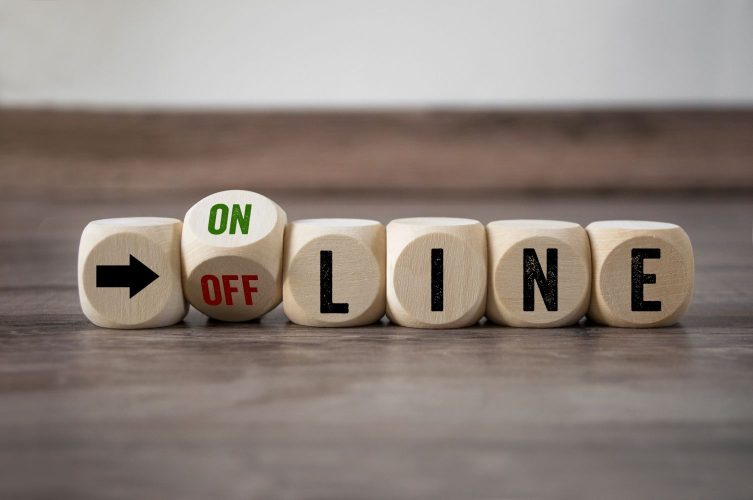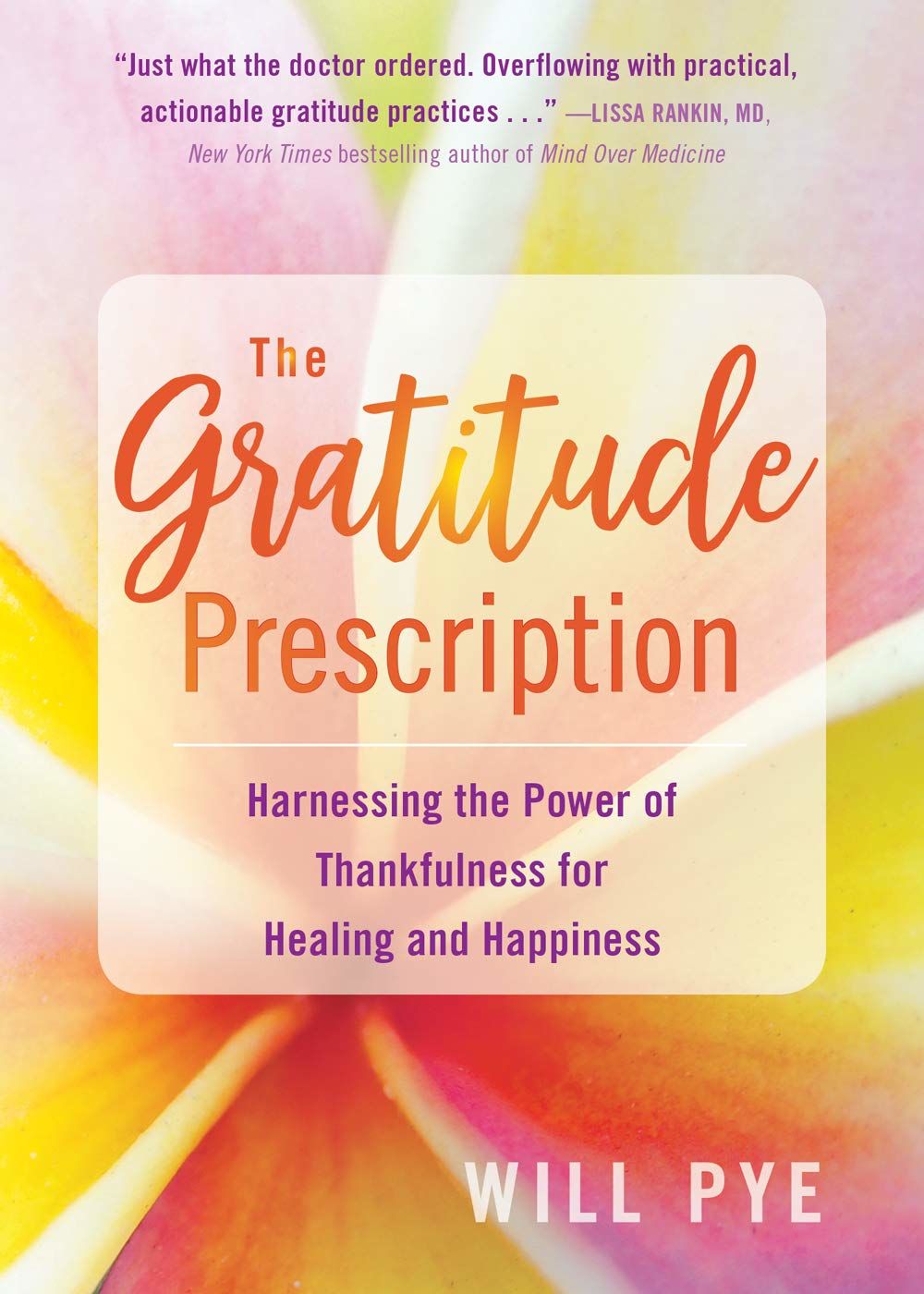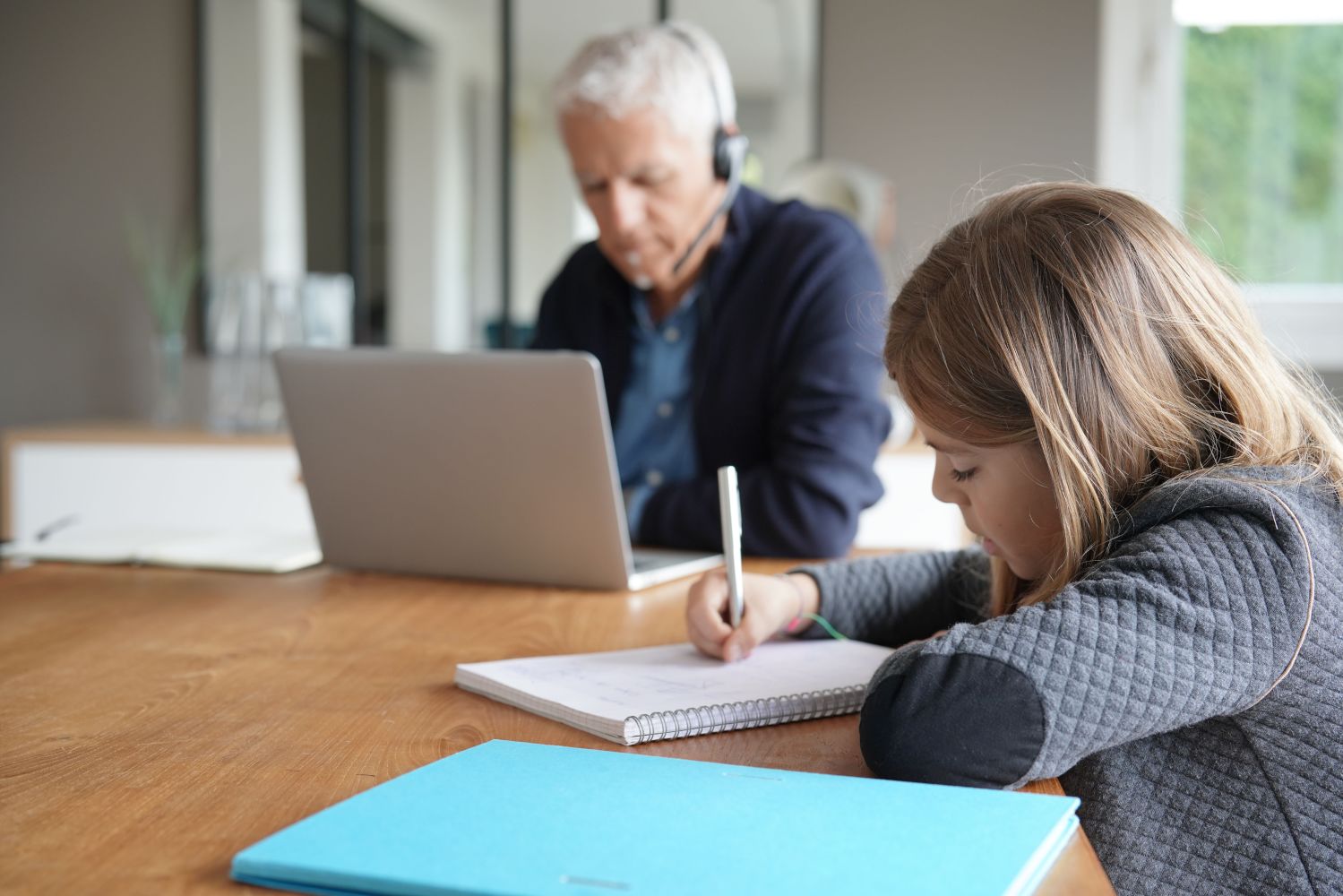We live in a world of unprecedented speed, change, and innovation. With global digitalization, we can instantly connect people and things around the world through electronic devices, such as smartphones, laptops, GPS systems, and tablets. Who would ever imagine a device that fits in the palm of our hand would be the most used piece of technology for getting work done quickly, while listening to music, watching videos, connecting socially, managing our finances, and much more? It’s now commonplace to see people using their devices while walking along the street, eating a meal, shopping at the grocery store, before sleeping, and even driving on the highway.
In a June 2019 report, eMarketer found that the average US adult spends three to four hours per day on their smartphone. Although there are tremendous benefits gained from our devices, researchers have discovered many downsides that are linked to physical, psychological, and social problems:
- The constant usage creates addictive behavior. Dopamine, the “feel good neurotransmitter,” gets released every time we do something we enjoy, like eating a delicious meal or getting likes on a Facebook post. Our repetitive and obsessive use of these electronic devices cause an addiction, similar to mental health disorders – negatively impacting our mood, stress levels, and social interactions.
- Our sleep routine gets disrupted. Using light-emitting electronic devices at bedtime stimulates brain activity and suppresses melatonin, an essential hormone for restful sleep.
- Many corporate professionals are developing an Attention Deficit Trait with the constant pressure of work demands, having to be available 24/7, and being inundated with too much information.
- Our cortisol stress hormone levels spike when receiving texts and alerts. Exposure to electromagnetic field (EMF) devices catalyzes heightened states of arousal and hormonal changes. Ironically, the same brain neural pathways that trigger our fight or flight response get activated even from trivial situations.
So, if you feel:
- anxious or stressed out if you don’t have your phone…
- compelled to check your phone or email every few minutes…
- afraid of missing out if you don’t check your phone…
- angry or depressed after being on social media…
- it’s difficult to concentrate on one thing at a time…
…it’s time for a digital detox. A digital detox is refraining from using electronic devices and spending time doing things that don’t require technology connection, and replacing with activities that nourish your body, relax your mind, and inspire creativity. Here are five, easy, digital-detox strategies you can start today to enhance your physical, emotional, and mental well-being:
- Create “No Device Zones.” Set boundaries for when you use your electronic devices. Turn off your phones, and keep them out of arm’s reach while eating meals, sleeping, exercising, and spending time with family and friends. Turn off Wi-Fi at night. Research shows when you unplug from digital screens two hours before bed, and go to sleep before 10:30 pm, you will increase melatonin levels and improve your sleep quality.
- Turn off notifications. Media applications, including Facebook, Instagram, Gmail, and Twitter, send alerts on new posts and messages. To avoid the constant alerts, turn them off and set a specific time to check these messages. These alerts stimulate a fight or flight response, shifting our attention to move into action.
- Connect with nature. Nature is pure medicine for regulating our nervous system. Its grounding properties support relaxation and enhance oxygen levels and well-being. Schedule time to go outside; walk in your neighborhood or hike along the coast or redwoods. You will feel nourished, balanced, and inspired to re-engage in work.
- Move your body. Physical exercise, such as cardio, running, vigorous yoga (vinyasa, power, or ashtanga), or walking can regulate heart rate, improve circulation, burn off stress, and increase endorphins (the “happy hormone”). For those needing to slow down, qigong, yin, or restorative yoga can help regulate stress hormones, calm the busy mind, and enhance overall well-being.
- Do a digital fast. Go device-free. Do a one to seven-day digital fast from social media, texting, online videos, and all electronics. Engage in mindfulness meditation and activities that bring you deep nourishment and joy, such as a weekend getaway, yoga or meditation retreat, creative project, playing an instrument, or starting a digital-free hobby.















One reply on “Recharge Your Life With a Digital Detox”
Wonderful thoughts Mary. We all have to work in a digital world but we have to control it. I cannot tell you how many times I’ve been driving my Tesla wondering if I forgot my phone. It takes several seconds for me to remember I would not be in the car if I did not have my phone! The phone is the car key. This is getting ridiculous. And lets not even start the whole password nightmare with so many digital devices and accounts. Perhaps trimming the devices and accounts-well accept Breathe- is also a good start.